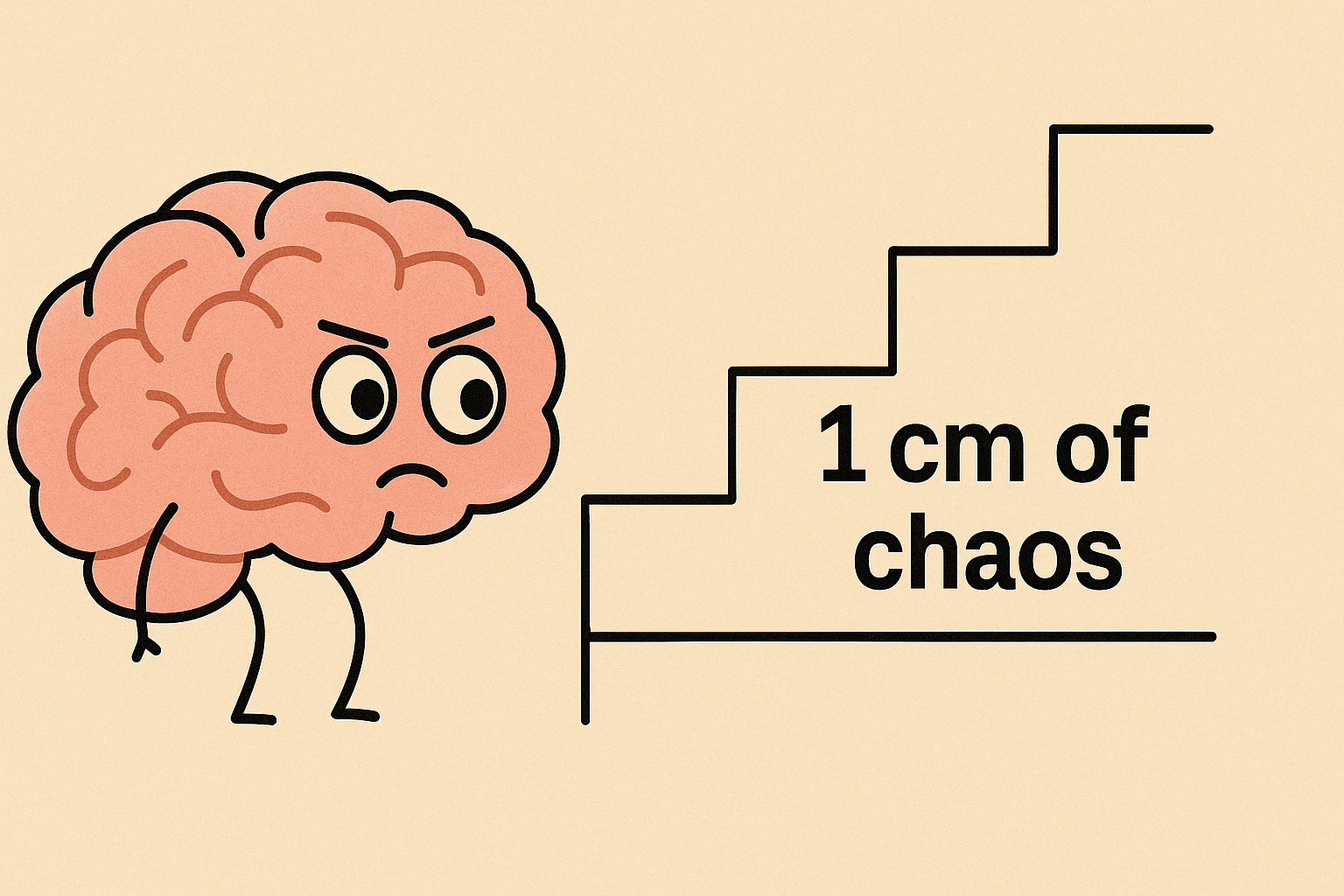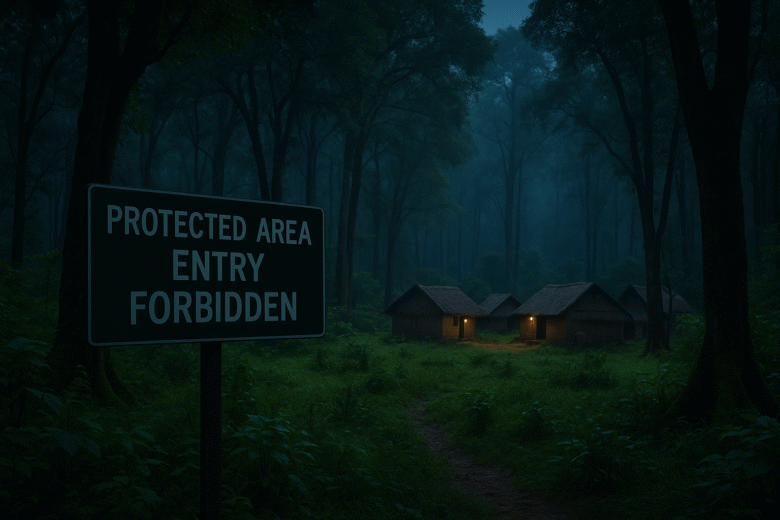Fun fact: It doesn’t take a mountain to make you fall. Sometimes, all it takes is a single rebellious stair—barely a centimetre off. We’ve all been there. You’re walking up a staircase you’ve climbed a hundred times, half-awake, coffee in hand. Then—bam!—your toe snags the edge, your heart lurches, and your dignity tumbles down three …
Fun Fact: In some Himalayan valleys, the number of days of “extreme weather events” during the 2025 monsoon season reached 51 %—up from just 10.8 % three years ago. “Floods, Landslides, and Climate Debt: Northern India’s New Normal” isn’t just a provocative headline—it’s the lived reality for people in the Himalayan states. As rain-soaked skies …
Fun Fact: India declared a ban on certain single-use plastic (SUP) items — like plastic straws, cups and plates less than 100 microns thick — from 1 July 2022 under the amended Plastic Waste Management Rules. When we talk about the title “Plastic Uprising: How Communities Are Saying No to Single-Use at Scale”, what we …
Fun Fact: The idea of “protected areas” in India owes much to forest policies made during the British colonial era—long before modern ideas of community rights entered the picture. In the contested terrain of environmental protection, the headline “When Forests Become No-Go Zones (for Locals): The Politics of Conservation” calls out a stubborn contradiction. On …
Fun Fact: Globally, air-conditioning (AC) and cooling appliances use about 7% of the world’s electricity and account for roughly 3.2% of total greenhouse gas (GHG) emissions. In India’s sweltering summers, the phrase “Cooling India’s Homes Without Climate Guilt: The Carbon Story of Air Conditioning” feels almost rebellious. Because yes, we deserve cool homes. But the …
Fun Fact: The industrial town of Byrnihat—nestled between the states of Meghalaya and Assam—once obscure on India’s pollution radar, was recently declared the world’s most polluted city. Byrnihat has never been on many people’s travel bucket-lists. Yet today its name appears on the very lists we dread. In this blog, “Byrnihat: India’s Most Polluted City …
Fun Fact: Did you know that over 47,000 brick kilns across the Indo-Gangetic plain in India have been detected using satellite imagery and machine-learning? In this age of soaring skyscrapers and sleek smartphones, it’s ironic that a humble brick still plays a starring role in India’s construction boom — and stays largely hidden from view. …
Fun Fact: By 2030, the global stream of electronic waste (e-waste) could reach a mind-boggling 2.5 million tons — a digital graveyard we’re building without a map. What if your old smartphone wasn’t just clutter in a drawer but the trigger for a tech-driven chain reaction? In the blog titled “E-Waste Gets Smart: AI + …
Fun Fact: Some of Kolkata’s main underground drains were built over 150 years ago—when horse-drawn carriages ruled the streets, not cars or climate chaos. Every monsoon, Kolkata holds its breath. The rains come—sometimes gentle, sometimes furious—and the old city gasps under its own weight. Streets turn into rivers, manholes bubble like geysers, and people wade …
Despite decades of growth, no state in India excels across all major environmental, health and development indicators. That’s the unsettling truth behind “State of India’s Environment 2025: The Grim Story Behind the Numbers”. As a new mosaic of studies layer reveals, climate strain is growing, health stress is spreading and development gains are faltering — …










